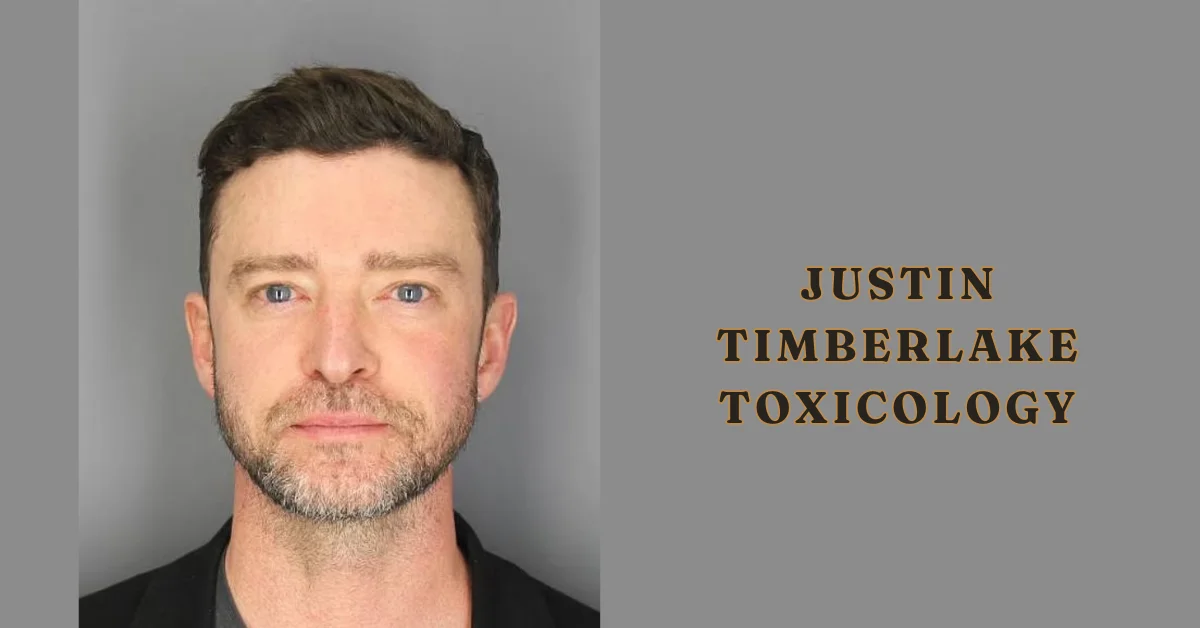Justin Timberlake Toxicology – A Closer Look Beyond the Headlines
The phrase “Justin Timberlake toxicology” might sound dramatic, but it’s a reflection of how modern celebrity culture often blurs the lines between truth, speculation, and public curiosity. While most people know Timberlake for his music, acting, and long-standing career, few stop to think about how certain words and narratives, especially in the media, can take on a life of their own.
This discussion isn’t about jumping to conclusions. Instead, it’s about understanding how the concept of toxicology connects to public figures, why such terms make headlines, and what lessons we can learn about privacy, public perception, and responsibility.
Context
Justin Timberlake has been in the spotlight for decades, first as part of a boy band, later as a solo artist, and then as a multi-talented entertainer. With such visibility comes intense public attention. Over the years, stories about various aspects of his life have emerged, sometimes based on facts and sometimes shaped by rumor or selective framing.
When the term toxicology enters the conversation, it’s usually tied to medical or investigative scenarios. In a celebrity context, it often becomes a trigger for media speculation, whether there’s a real event to analyze or not. This highlights how easily professional terms can be adapted, sensationalized, and even misunderstood by the general public.
Meaning
In science, toxicology is the study of the effects of chemicals, substances, and toxins on living organisms. It’s a serious field used in medicine, environmental science, and criminal investigations. However, in entertainment media, such terms are sometimes borrowed to create intrigue or imply controversy.
In Timberlake’s case, attaching a clinical term to his name might not necessarily be linked to any proven event. Instead, it may reflect a wider tendency to use medical or investigative jargon as a storytelling device, which can distort reality. This makes it important for readers to separate factual toxicology results, if any, from speculative or dramatized accounts.
Sensationalism
One of the main issues with phrases like Justin Timberlake toxicology is how quickly they can gain traction online. A single headline can spark countless reposts, each stripped further from the original context.
This process turns complex, nuanced topics into digestible — but often misleading — soundbites. The original purpose of toxicology reports in legal or medical contexts is accuracy and clarity, yet in celebrity journalism, they can be used as a hook to grab attention.
Pressure
Public figures like Timberlake face an extraordinary amount of scrutiny. Every choice, gesture, or rumor can become magnified. In an environment where millions feel entitled to an opinion on someone’s private life, there’s constant pressure to maintain a flawless image.
When terms like toxicology are thrown into that mix, the pressure can increase significantly. Even if the facts don’t match the headlines, the mere association with medical investigations can affect how a celebrity is perceived. This creates a kind of reputational hazard that lingers even after the truth emerges.
Privacy
The intersection of fame and privacy is complicated. While celebrities understand that attention is part of their job, they’re also entitled to boundaries. The public, however, often pushes beyond those boundaries, demanding details about personal matters, health, and private incidents.
In Timberlake’s case, hypothetical discussions about toxicology could easily be seen as overstepping. Without concrete, confirmed details from credible sources, such speculation can cross ethical lines and cause unnecessary harm.
Responsibility
The media holds a significant responsibility when covering stories that involve technical fields like toxicology. Misrepresenting scientific findings or using such terms out of context can contribute to misinformation.
Similarly, audiences share a responsibility to question what they read, seek reputable sources, and avoid sharing content that thrives on ambiguity or sensational appeal. Without this balance, the cycle of rumor and reaction continues unchecked.
Public Perception
Public perception is often shaped less by facts and more by repeated exposure to certain ideas. A phrase like Justin Timberlake toxicology can plant an image in people’s minds even without detailed evidence.
This phenomenon isn’t unique to Timberlake — it happens to many public figures. Once a certain narrative takes root, reversing it can be challenging. This is why context, accuracy, and careful language are crucial in public discussions.
Lessons
From the broader conversation around Justin Timberlake and toxicology, several lessons emerge:
- Language matters – Technical terms should be used carefully, especially in public discourse.
- Context is essential – Without understanding the background, conclusions can be flawed.
- Media literacy is vital – Audiences need to recognize the difference between speculation and fact.
- Privacy has value – Even public figures deserve dignity in personal matters.
These lessons extend beyond any one celebrity and into how we as a society consume and respond to information.
Moving Forward
The best way to navigate stories like this is through balance — acknowledging curiosity while respecting truth and boundaries. For Timberlake, and others in the public eye, misinformation and misinterpretation can be as damaging as genuine controversy.
By reframing how we use and interpret terms like toxicology in celebrity news, we can create a healthier conversation. This approach doesn’t deny the public’s interest in well-known figures but insists on accuracy and fairness in how stories are told.
Conclusion
The phrase Justin Timberlake toxicology may catch attention, but it should also prompt deeper thinking. It’s not just about one entertainer or one moment in time — it’s about the systems, habits, and choices that shape how stories are told and remembered.
By resisting the pull of sensationalism and seeking factual clarity, we can support a media environment that values truth over speculation. And in doing so, we protect not only the reputations of public figures but also the integrity of the information we rely on.






